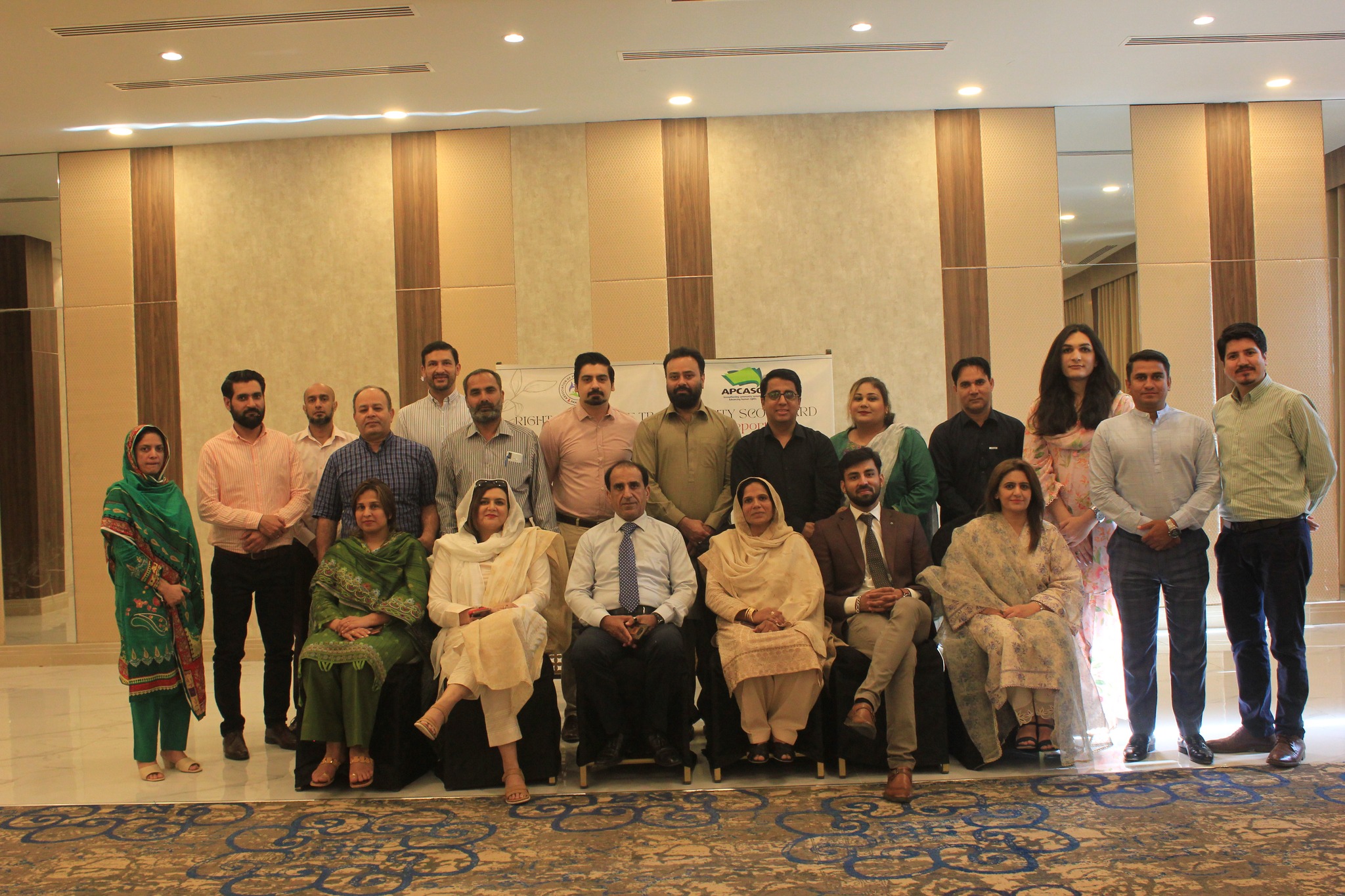
Rollout Of TB CRG Tool Kit
Project Description
The APLHIV was assigned by the national TB Program and Stop TB Partnership to conduct an initial assessment of the existing situation of Gender Sensitivity & Human Rights Programming in planning, implementation, monitoring and evaluation of TB response at National and Sub- National levels. This project also aimed to explore how the prevailing legal environment has been impacting the access of KPs to TB related services as well as their rights to a healthy life. The assessment also focused on the gaps in data related to TB-KPs. The findings of all these assessments were used for evidence-based advocacy and planning & program implementation.
The implementation of the project commenced with the establishment of a Core Group to lead the process. Several meetings of the Core Group were convened to ensure consensus and ownership of the process. The APLHIV organized a National Level Multi Stakeholder Forum to prioritize KPs for these assessments and finalize implementation strategy of the project. The forum was organized in Islamabad which was attended by over 70 delegates from across Pakistan. The forum was inaugurated by the Member of the National Assembly Ms. Nafeesa Khattak. This was followed by a two [2] day’s data collector’s training in Islamabad which was led by National Coordinator Asghar Satti and Deputy National Coordinator Uzair Tariq and supported by an expert consultant.
The data was collected from selected cities and KPs through KIIs, IDIs and FGDs from a variety of stakeholders across Pakistan. Based on collected data the report was finalized and disseminated in Islamabad.
The purpose and intention of this study was to provide information to health care Providers, health Managers, stakeholders and affected communities and general population regarding enhanced community empowerment by analyzing existing situation of gender barriers, stigma, lack of protection of health and human rights and denial of services and ways to cope up with these issues for key population. In total 20 in-depth interviews; 09 key informant interview and 09 focus group discussions were held across Pakistan.
The qualitative methods of data collection enabled the gathering of essential information related to social determinants and gender aspects which could help the stakeholders engender the intervention soon with maximization of equity and responsiveness. The level of human rights and gender consideration in planning and implementation of existing TB programs, impact of these programs, access of communities to these programs, legislative and legal provision in country context to support health human rights aspect and availability of accurate information about TB programing were major aspect of this study. The exercise resulted in the availability of very rich data and information. Based on the data and information a set of recommendations was developed. Report was launched at a national convening attended by 45 delegates from across Pakistan.
Project Description
The APLHIV was assigned by the national TB Program and Stop TB Partnership to conduct an initial assessment of the existing situation of Gender Sensitivity & Human Rights Programming in planning, implementation, monitoring and evaluation of TB response at National and Sub- National levels. This project also aimed to explore how the prevailing legal environment has been impacting the access of KPs to TB related services as well as their rights to a healthy life. The assessment also focused on the gaps in data related to TB-KPs. The findings of all these assessments were used for evidence-based advocacy and planning & program implementation.
The implementation of the project commenced with the establishment of a Core Group to lead the process. Several meetings of the Core Group were convened to ensure consensus and ownership of the process. The APLHIV organized a National Level Multi Stakeholder Forum to prioritize KPs for these assessments and finalize implementation strategy of the project. The forum was organized in Islamabad which was attended by over 70 delegates from across Pakistan. The forum was inaugurated by the Member of the National Assembly Ms. Nafeesa Khattak. This was followed by a two [2] day’s data collector’s training in Islamabad which was led by National Coordinator Asghar Satti and Deputy National Coordinator Uzair Tariq and supported by an expert consultant.
The data was collected from selected cities and KPs through KIIs, IDIs and FGDs from a variety of stakeholders across Pakistan. Based on collected data the report was finalized and disseminated in Islamabad.
The purpose and intention of this study was to provide information to health care Providers, health Managers, stakeholders and affected communities and general population regarding enhanced community empowerment by analyzing existing situation of gender barriers, stigma, lack of protection of health and human rights and denial of services and ways to cope up with these issues for key population. In total 20 in-depth interviews; 09 key informant interview and 09 focus group discussions were held across Pakistan.
The qualitative methods of data collection enabled the gathering of essential information related to social determinants and gender aspects which could help the stakeholders engender the intervention soon with maximization of equity and responsiveness. The level of human rights and gender consideration in planning and implementation of existing TB programs, impact of these programs, access of communities to these programs, legislative and legal provision in country context to support health human rights aspect and availability of accurate information about TB programing were major aspect of this study. The exercise resulted in the availability of very rich data and information. Based on the data and information a set of recommendations was developed. Report was launched at a national convening attended by 45 delegates from across Pakistan.
